
NOVA
Can Technology Detect Deepfakes Better Than Humans Can?
Show title: NOVA
Video title: Can Technology Detect Deepfakes Better Than Humans Can?
Video duration: 7m 9sVideo description: Researchers are trying to develop tools to thwart deep fakes in several different ways — from before they are even made, to detecting them once they are out on the internet.
Watch Preview

Ultimate Mars Challenge Preview
30s
Witness the exhilarating moments of Curiosity’s Mars landing — and the spectacular discoveries afterward.
Watch Clip

An Interview with Sally Ride
15m 46s
Watch an uncut interview with the late astronaut, conducted at NASA in 1984.
Watch Clip

Higgs Boson Revealed
3m 53s
Go behind the scenes at CERN for exclusive interviews with lead scientists on the historic July 4 announcement.
Watch Preview

Crash of Flight 447 - Preview
30s
Find out how an airliner with elaborate safety and navigation features and a faultless safety record could simply vanish. 6/13/2012
Watch Preview

Hunt for the Supertwister - Preview
30s
Take a safe front-row seat to the risky and thrilling art of chasing twisters. 5/9/2012
Watch Preview

Secrets of the Sun Preview
30s
It contains 99.9 percent of all the matter in our solar system and sheds hot plasma at nearly a million miles an hour. The temperature at its core is a staggering 27 million degrees Fahrenheit. It convulses, it blazes, it sings. You know it as the sun. Scientists know it as one of the most amazing physics laboratories in the universe.
Watch Preview
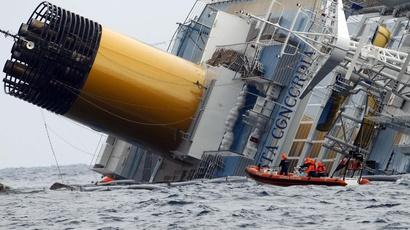
Why Ships Sink Preview
30s
Twenty million passengers embark on cruises each year, vacationing in deluxe "floating cities" that offer everything from swimming pools to shopping malls to ice skating rinks. And the ships just keep getting bigger: The average cruise ship has doubled in size in just the last ten years. Some engineers fear that these towering behemoths are dangerously unstable.
Watch Preview

Deadliest Tornadoes Preview
30s
In 2011, the worst tornado season in decades left a trail of destruction across the U.S., killing more than 550 people. Why was there such an extreme outbreak? How do such outbreaks form? With modern warning systems, why did so many die? Is our weather getting more extreme - and if so how bad will it get?
Watch Clip
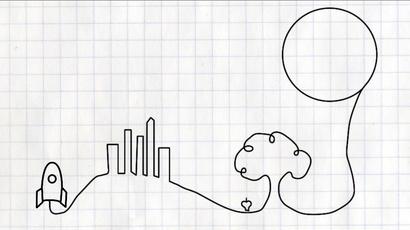
Introducing NOVA's Sun Lab
2m 13s
Learn about solar storms and do your own research using images from NASA telescopes.
Watch Clip
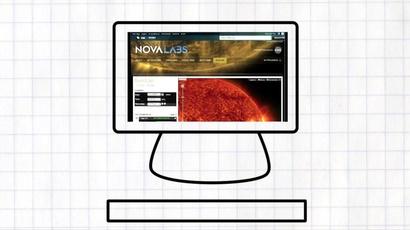
How Can I Study the Sun?
3m 17s
NOVA Labs: Learn how to use the Helioviewer, a tool at the heart of NOVA's Sun Lab.
Watch Clip
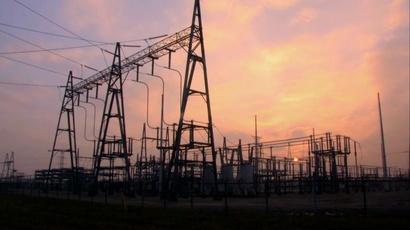
The Threat to Earth
2m 32s
NOVA Labs: What would happen if a solar storm overwhelmed Earth's natural defenses?
Watch Clip
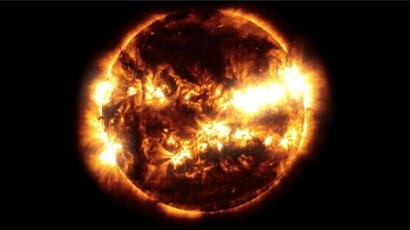
Solar Space Telescopes
3m 50s
NOVA Labs: New solar telescopes are allowing us to see the Sun like never before.
Watch Clip
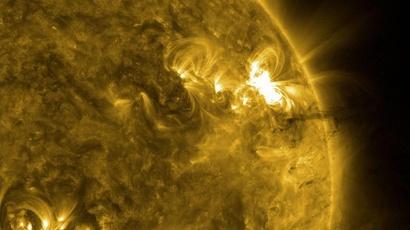
Solar Wind and Storms
2m 47s
NOVA Labs: Bursts of plasma released by the Sun create "space weather" around our planet.
Watch Clip
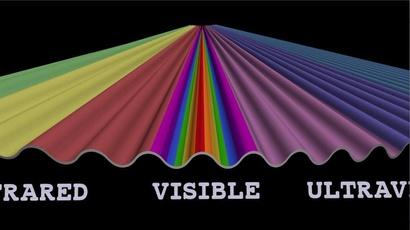
The Electromagnetic Spectrum
2m 55s
NOVA Labs: Most of what we know about solar science comes from reading the Sun's light.
Pagination
Supported by















